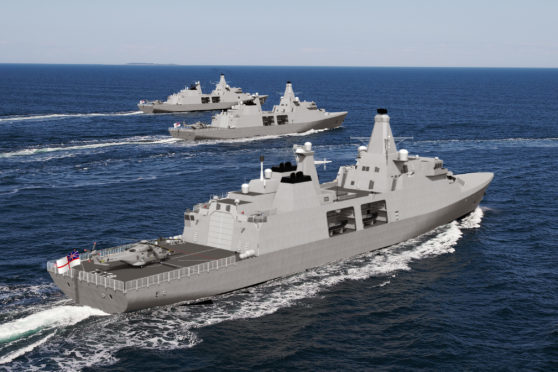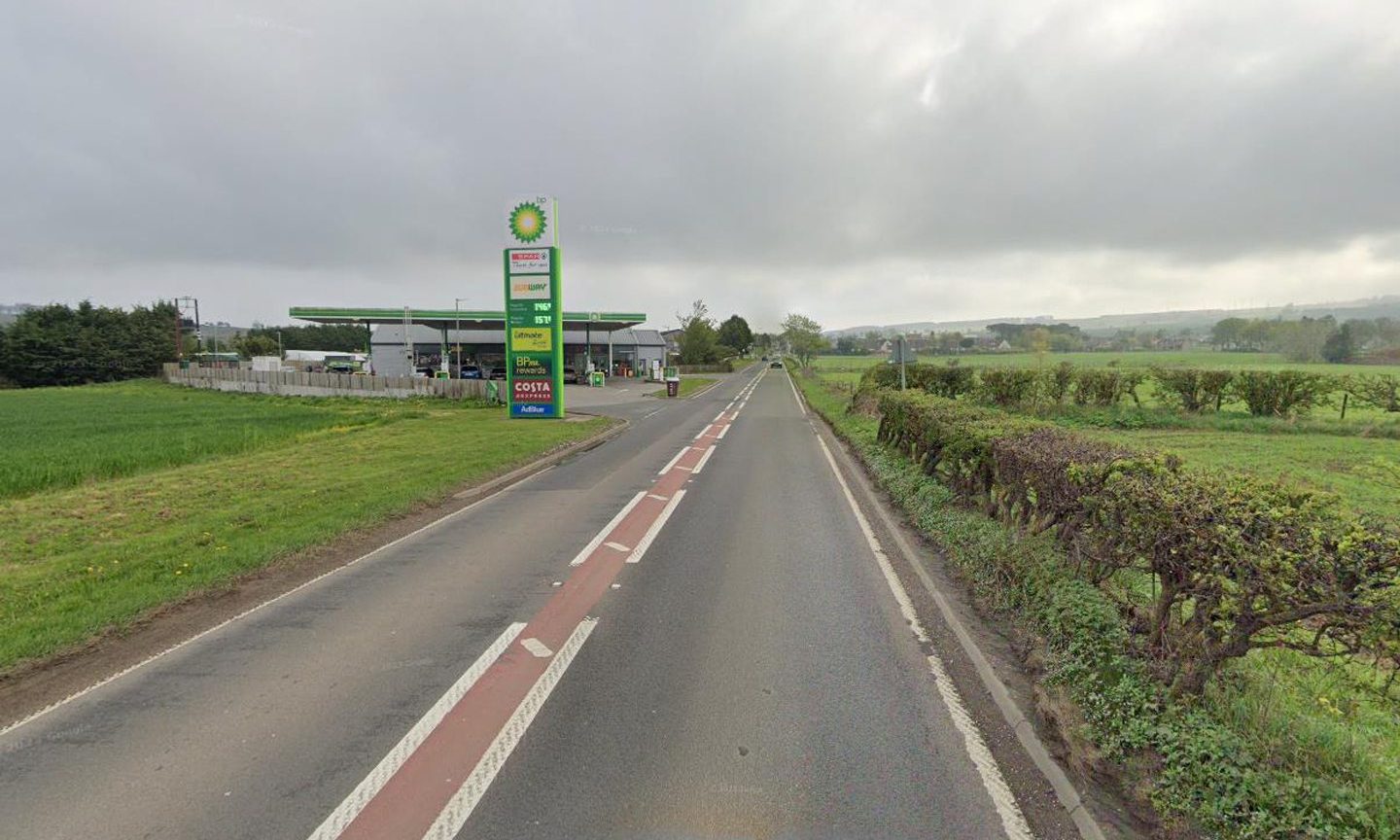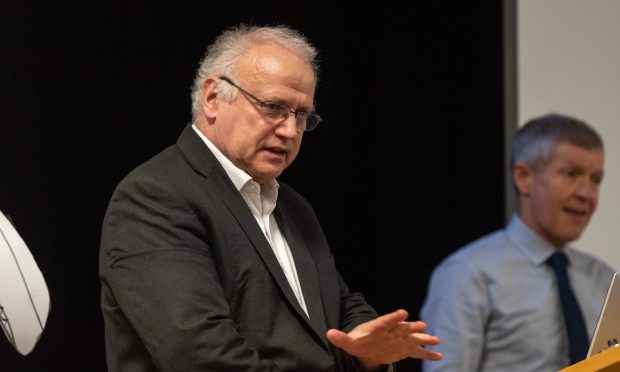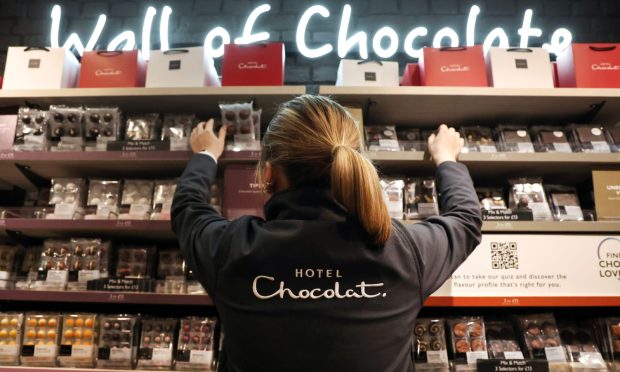Fears for Fife’s shipbuilding future and its hundreds of jobs have been heightened after the UK government’s shock decision to restart competition for work on the Type 31e frigate programme.
Unions and politicians described the move as a “body blow” to the industry and Rosyth in particular, which was in line to benefit significantly from the £1.25 billion contract to build the warships.
The Ministry of Defence (MoD) said there had been a lack of “compliant bids”, although it insisted there will be no delay to the overall shipbuilding programme despite having to re-run the bidding process.
However, the decision to postpone procurement – announced just a day before the Westminster recess – has prompted widespread condemnation in Fife amid concerns the bid led by Rosyth yard owners Babcock had been the frontrunner for the work until now.
Local MP and SNP defence procurement spokesperson Douglas Chapman said to have the contract pulled at this stage when Rosyth was in “pole position” is “simply beyond belief”.
“To say I am furious with the UK Government would be the understatement of the year,” he said.
“This kind of poor decision making is par for the course for the MoD – who thought of building aircraft carriers with no planes or expensive big ships that can’t operate in warmer sea temperatures – and that lack of clear thinking is killing confidence in the industry and putting jobs on the line.”
Mr Chapman has written to the defence secretary seeking clarity about reigniting the bidding process, but added: “I have little confidence that I will get any meaningful reply, but those in Whitehall must be made to realise that their lack of competence, pre-planning and decision making has a direct impact on jobs in my constituency and on the prosperity of families across Scotland.
“As things stand there is not a budget for any of these ships and while there is open warfare in the UK Cabinet over Brexit, there is also a sub-war going on between the Chancellor and the Defence Minister.
“It makes the Blair-Brown conflict in the final years of Labour look like a tea party, but it’s having a huge detrimental effect on industry, skills and jobs and I am sure this shambolic, arrogant approach by the UK will not be lost on the electorate in Dunfermline and West Fife.”
The work was open to shipyards around the UK, with a bid from BAE to build the warships on the Clyde among the contenders.
But Babcock and BMT recently signed an agreement which would see the Type 31e built in Rosyth and Appledore, Devon – and sources suggest that was most likely to succeed.
Ross Murdoch, national officer for shipbuilding union GMB, said: “This is a real body blow to many shipbuilding workers and their families the length and breadth of the UK.
“Some are already seeing significant redundancies as the Carrier programme runs down, while others are in shipyards with a distinct lack of future orders meaning they will see nothing but a gloomy future ahead.
“Depending on which consortium would have been successful, these ships potentially could have brought work in Scotland on the Clyde and at Rosyth, to yards in Devon and Cornwall, to Liverpool, Belfast and potentially other areas.”
Those concerns were shared by Prospect national secretary Richard Hardy, who said its thousands of members were seeing “nothing but a gloomy future ahead”.
He continued: “When the Westminster Government announced its National Shipbuilding Strategy we were promised a renaissance in UK shipbuilding, and a drumbeat of orders to keep the yards working.
“Nothing could be further from the truth, we’ve seen the decision to offshore the contract for the three complex auxiliary vessels to support our new aircraft carriers and now we see a postponement that means no decision for nearly a year.
“Let’s be blunt: this means more redundancies for our members, less capacity for future bids, and a significant impact on the Royal Navy’s capability as we move into the 2020s.
“Our members no longer believe that the Government values the work they do”
The MoD said restarting the procurement process was the “right thing” to do to deliver the best outcome.
“We will present plans for a new streamlined procedure imminently. There have been no changes in our plans to procure a first batch of five new Type 31e frigates to grow our Royal Navy.
“We still want the first ship delivered by 2023 and are confident that industry will meet the challenge of providing them for the price tag we’ve set.”










